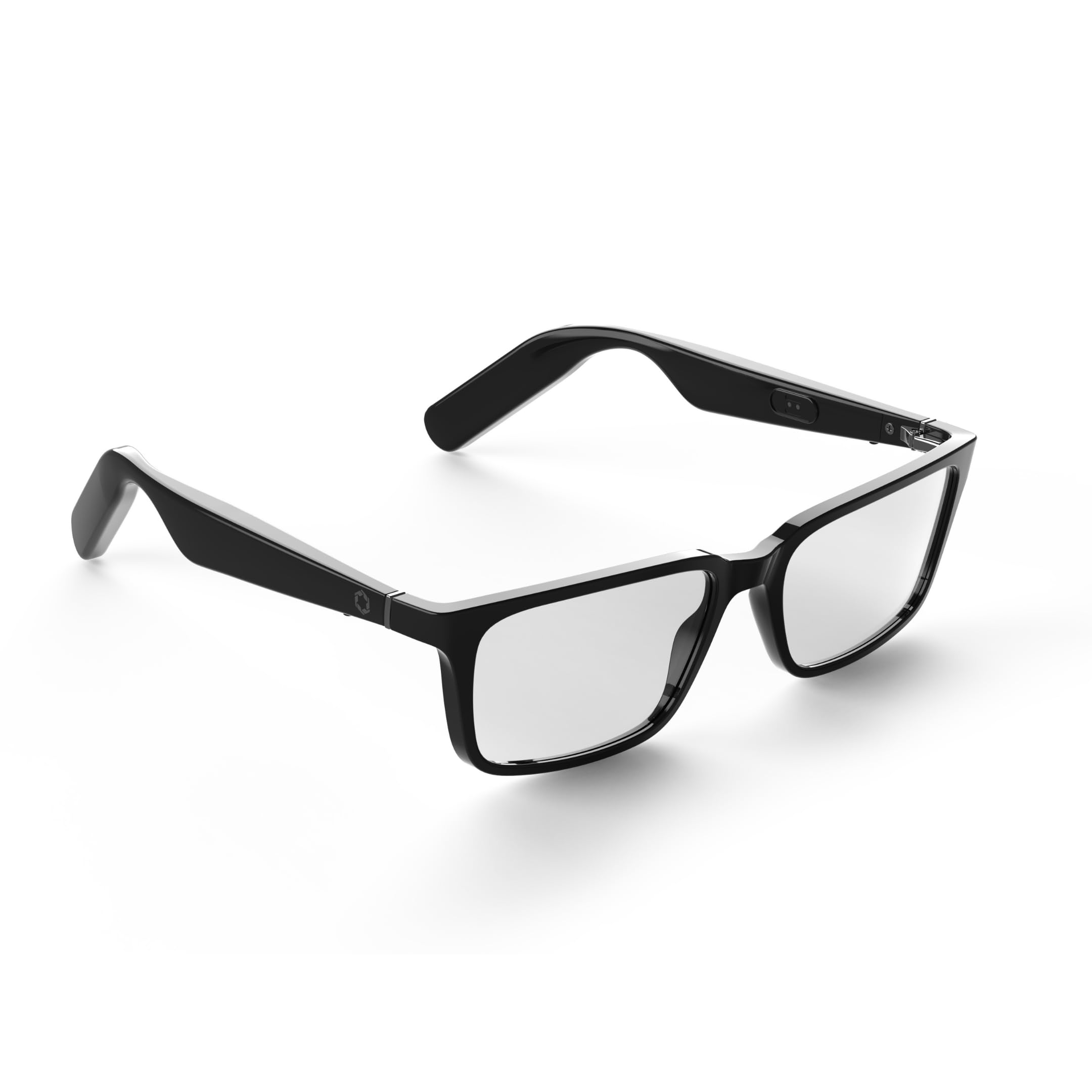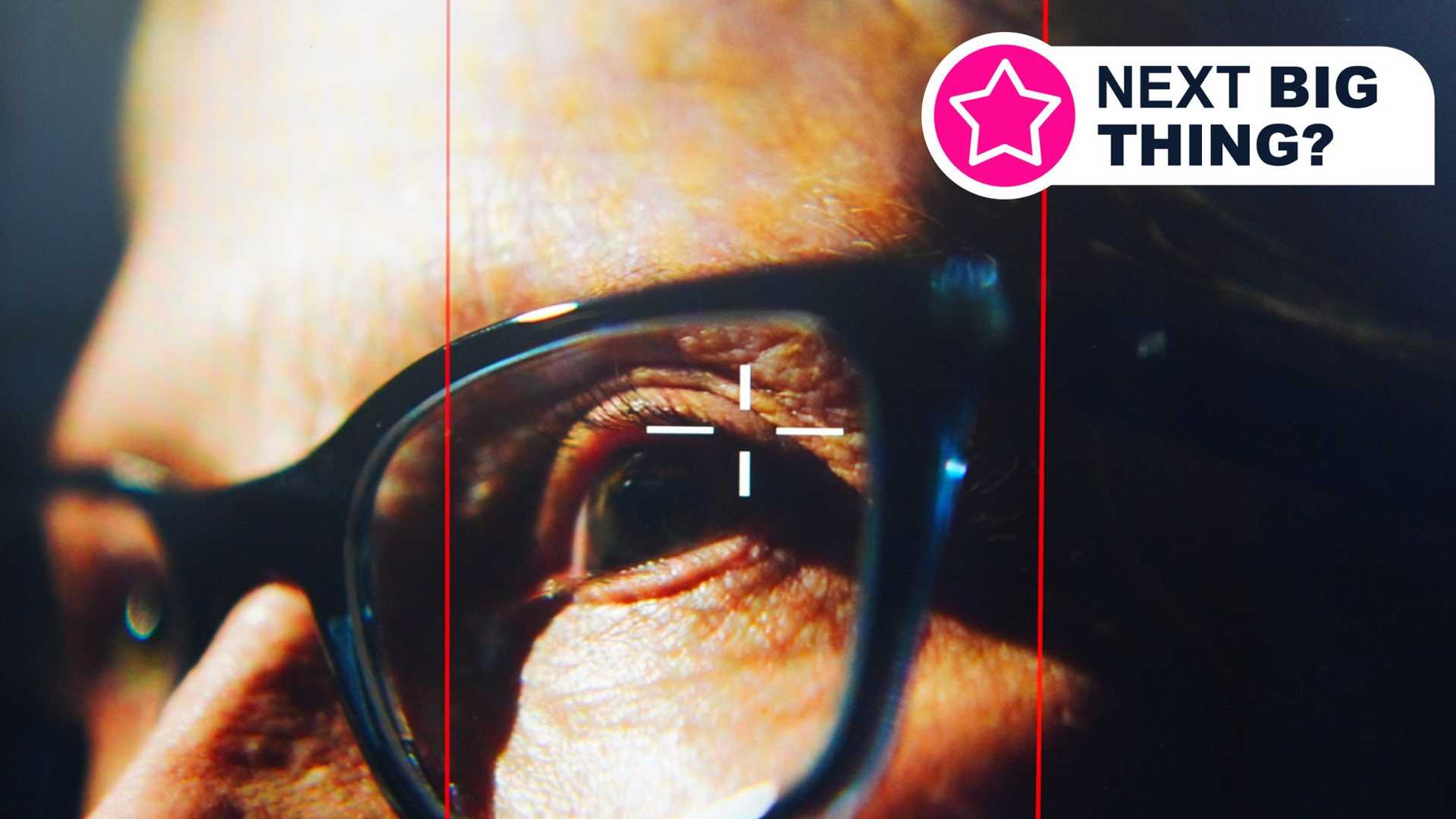These 'autofocus' glasses could soon make bifocals obsolete – by ...
Squinting to see a sign, tilting your head to look at someone, peering down your nose to read a menu: for millions of far-sighted people, glasses are a constant compromise. But a new kind of smart eyewear is aiming to clear things up, with the help of autofocus lenses.
Finnish startup IXI is one company developing frames with adaptive optics. Its glasses use tiny sensors to track what you’re looking at, then liquid crystal lenses to adjust your view to suit. So you can go from checking your phone to watching a game in a blink.

The Standard Fix
When it comes to far-sightedness, the standard fix is currently bifocals. These lenses are divided into two zones: one for distant objects, the other for near detail. When a user wants to read something up close, they have to look through the latter. It’s a solution with a learning curve – and one that can involve unnatural head tilts and limited viewing angles.
Progressive lenses offer a bit of a refinement, smoothing the transition between near and far, but they still have focal sweet spots. Fundamentally, you can’t look anywhere in the frame at anything you want. That’s the problem IXI plans to solve.
How It Works
At the heart of IXI's design is a powerful pairing: eye-tracking sensors and a fast-shifting lens system. The sensors monitor eye movements, firing harmless light pulses to measure the distance between you and what you’re looking at. This data is then fed back to liquid crystal lenses, which can rapidly change their curvature to give perfect focus.

According to IXI, the lenses adjust in just 0.2 seconds, which should mean there’s no discernible lag between looking and seeing. That’s particularly true for older users who may experience presbyopia, causing long-sightedness.
Challenges and Competition
This kind of optical tech has been talked about before, but mainly in a research setting. IXI is one of the first labs attempting to miniaturize the concept into a product for daily wear. While rivals like Laclarée and Elcyo are also developing similar solutions, none of the three has yet brought a commercial solution to market.

Prescription-grade optics are subject to strict medical regulation, which means the autofocus lenses will need to pass muster. Other factors include durability, power source, weight, and comfort of the frames.
Still, the promise is compelling: a single, adaptive pair of glasses that can replace reading specs, distance lenses, and bifocals. It’s a step towards truly intelligent eyewear. If IXI can pull it off, the days of peering over rims might be behind us.










